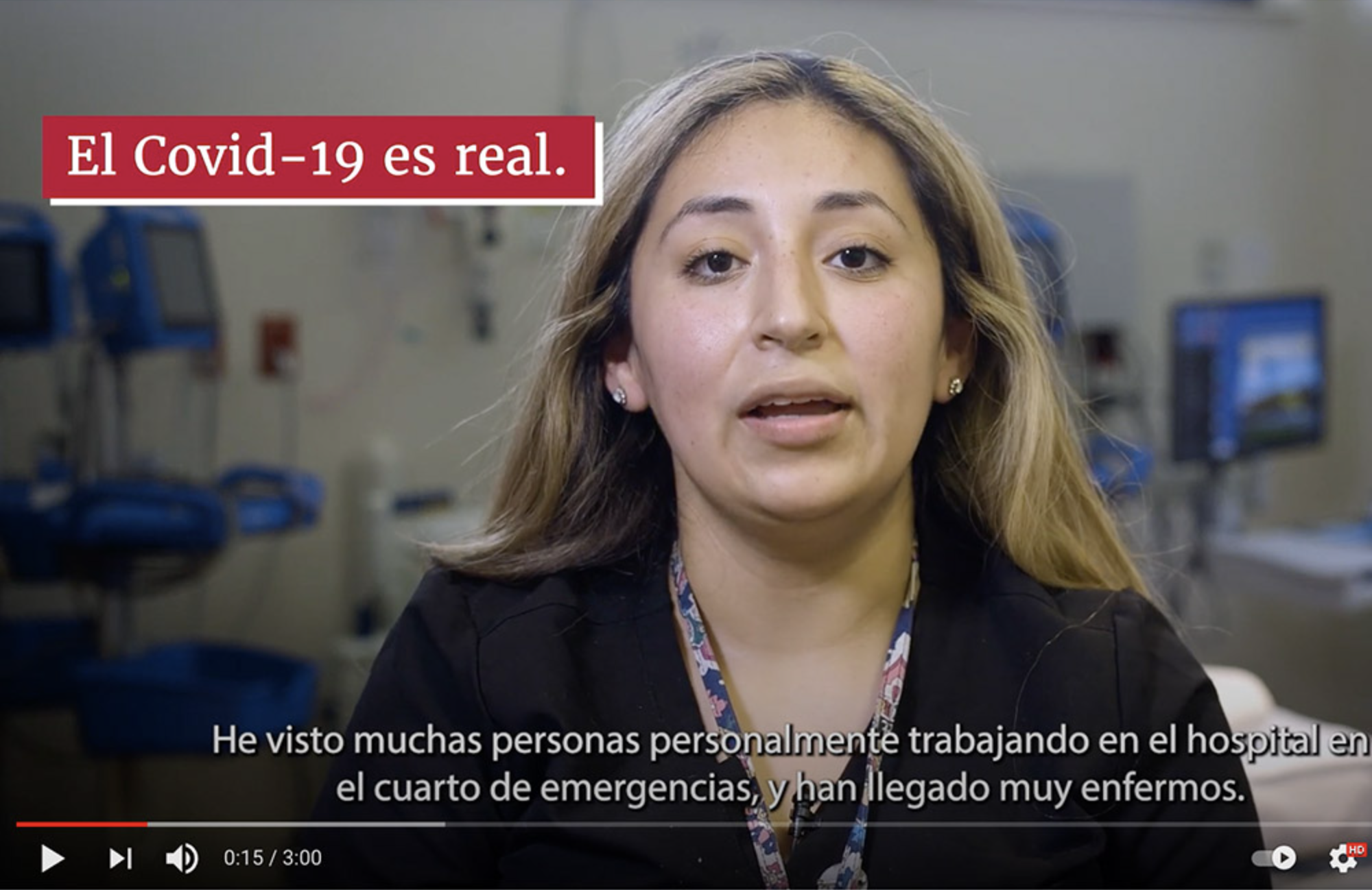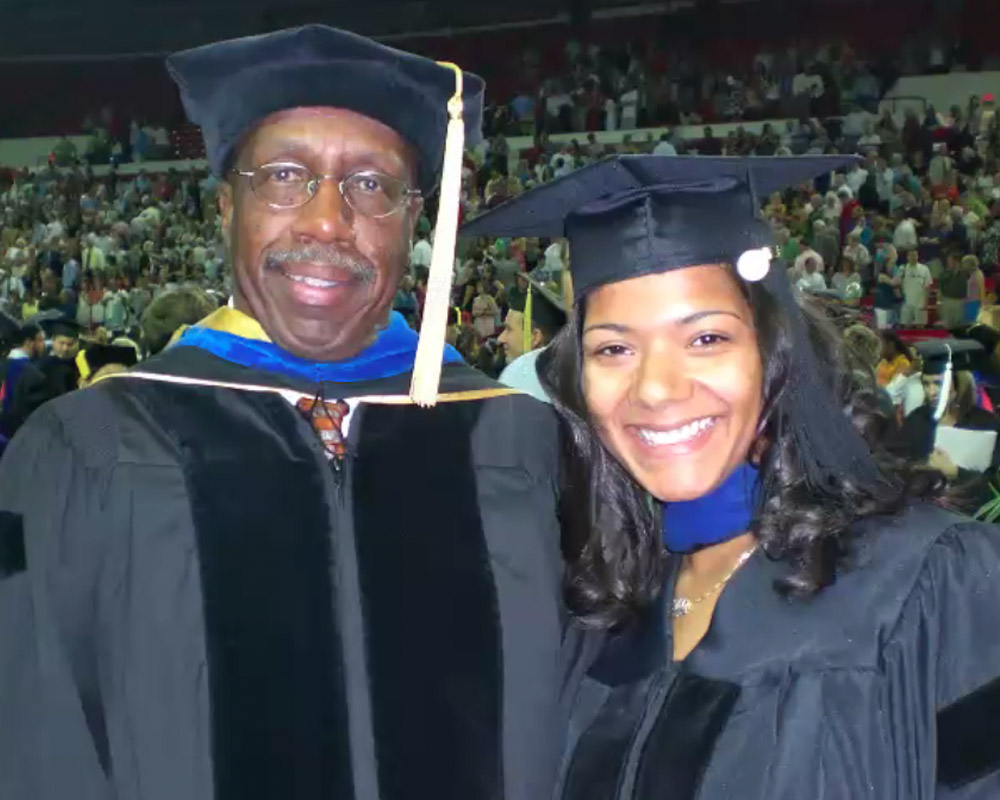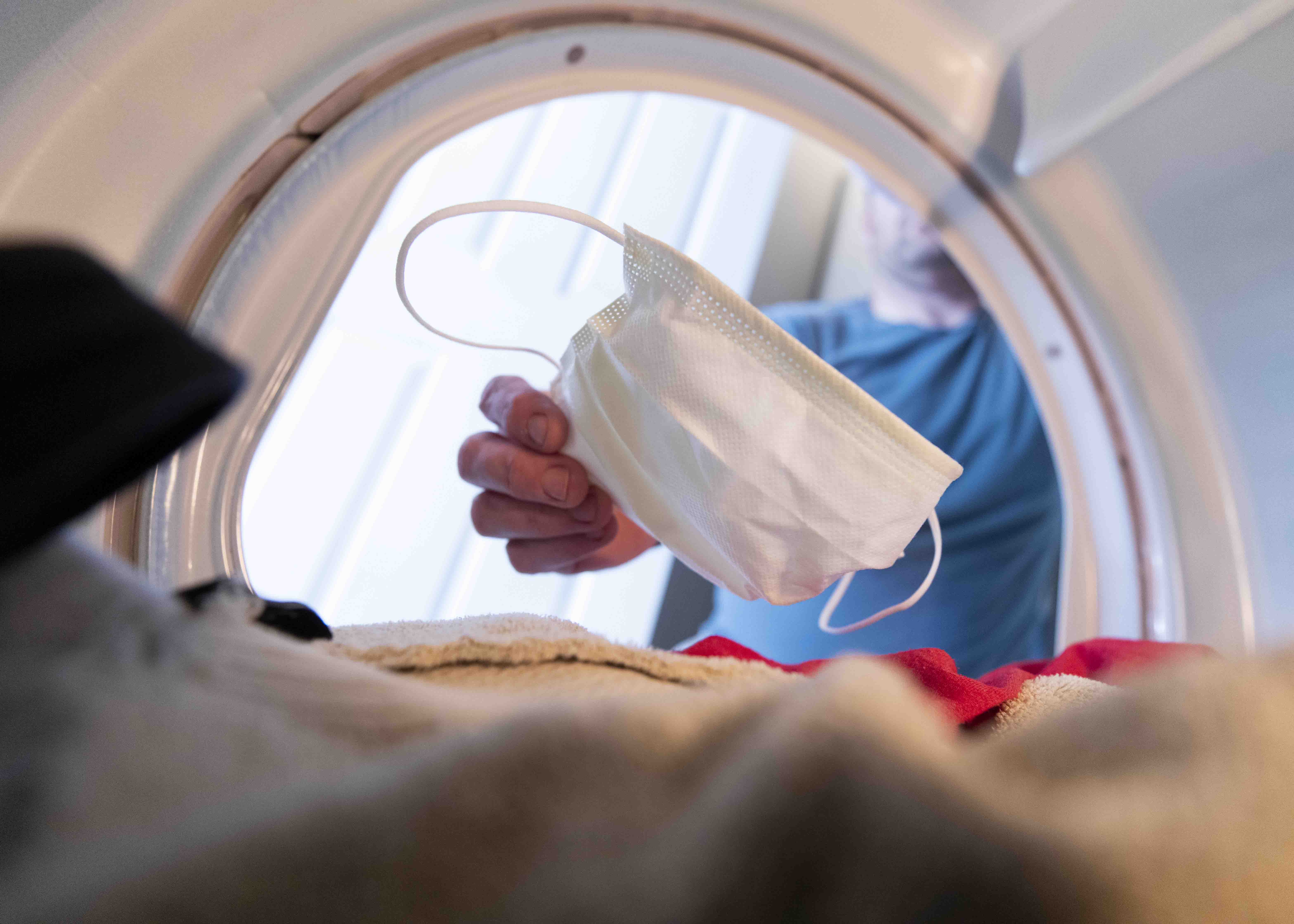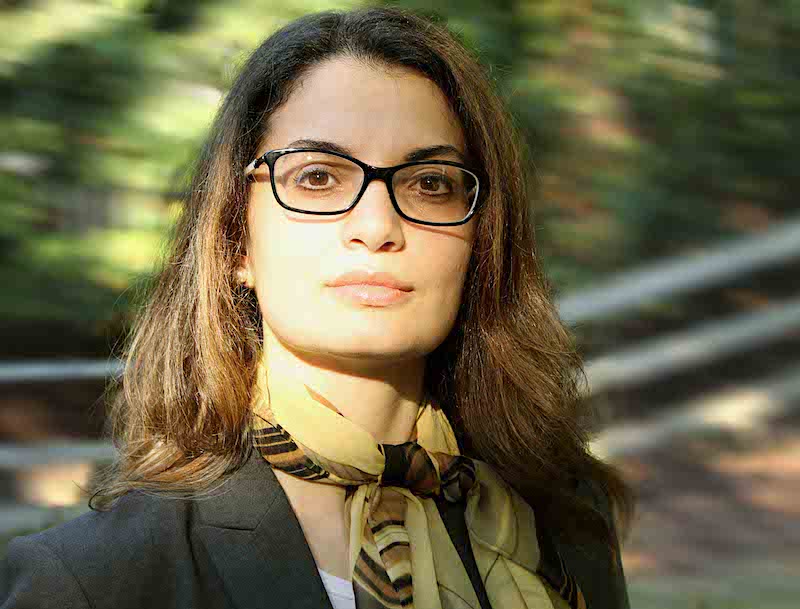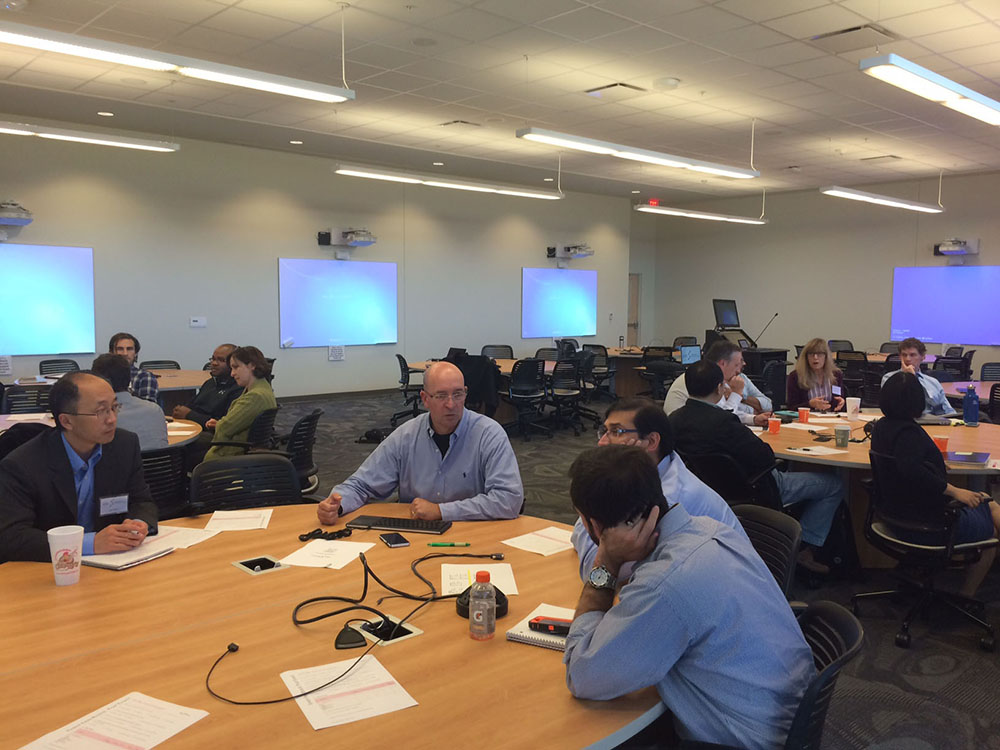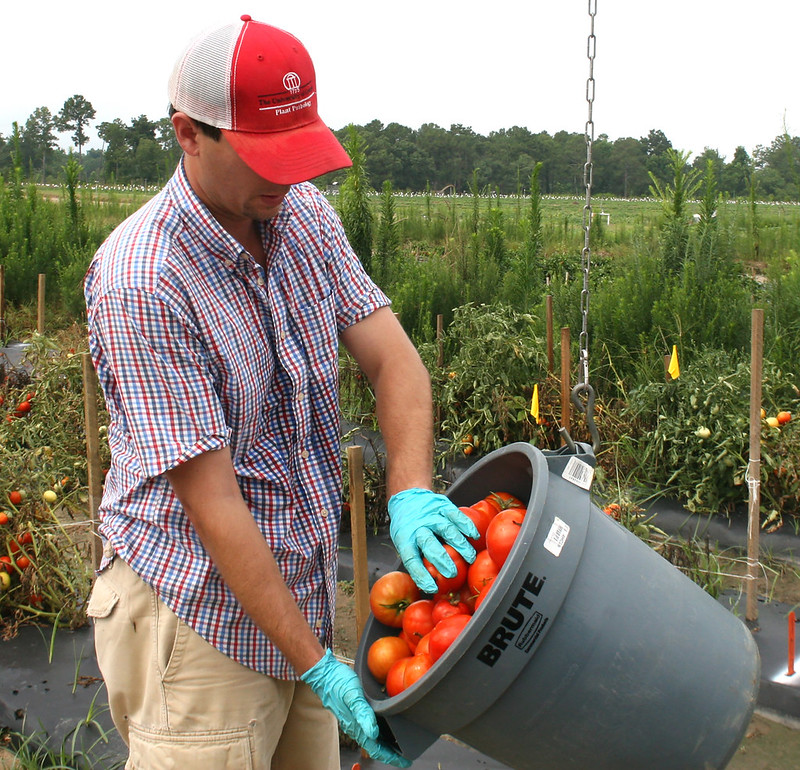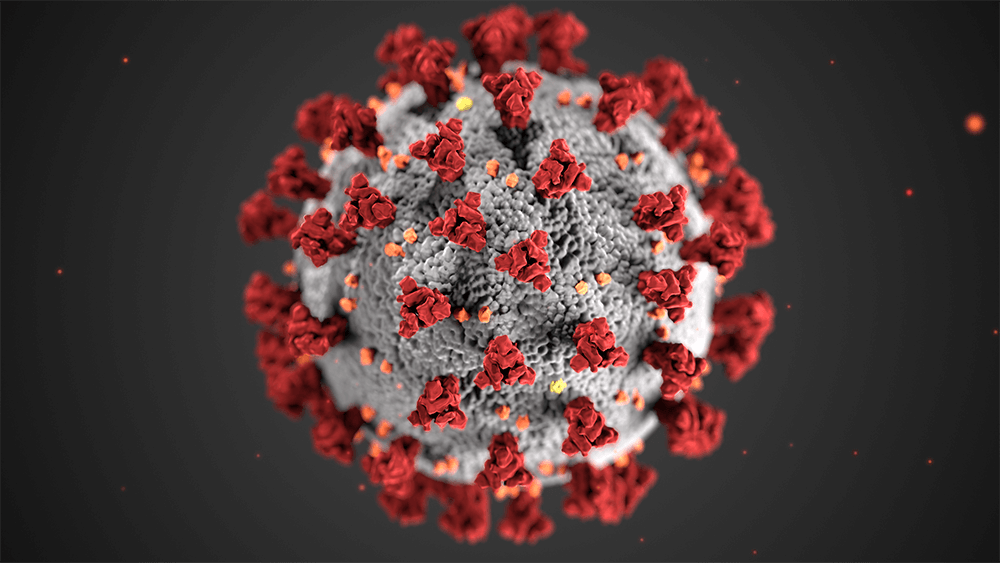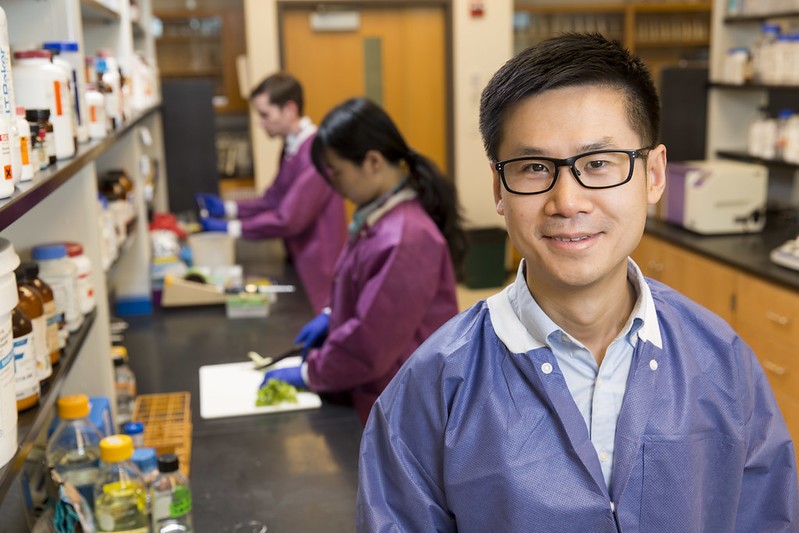 CAES News
CAES News
Salmonella Study
Researchers at the University of Georgia have provided multifaceted evidence to suggest the likely origins behind the global spread of Salmonella Enteritidis, which has caused recurring outbreaks of the foodborne pandemic linked to poultry products.

